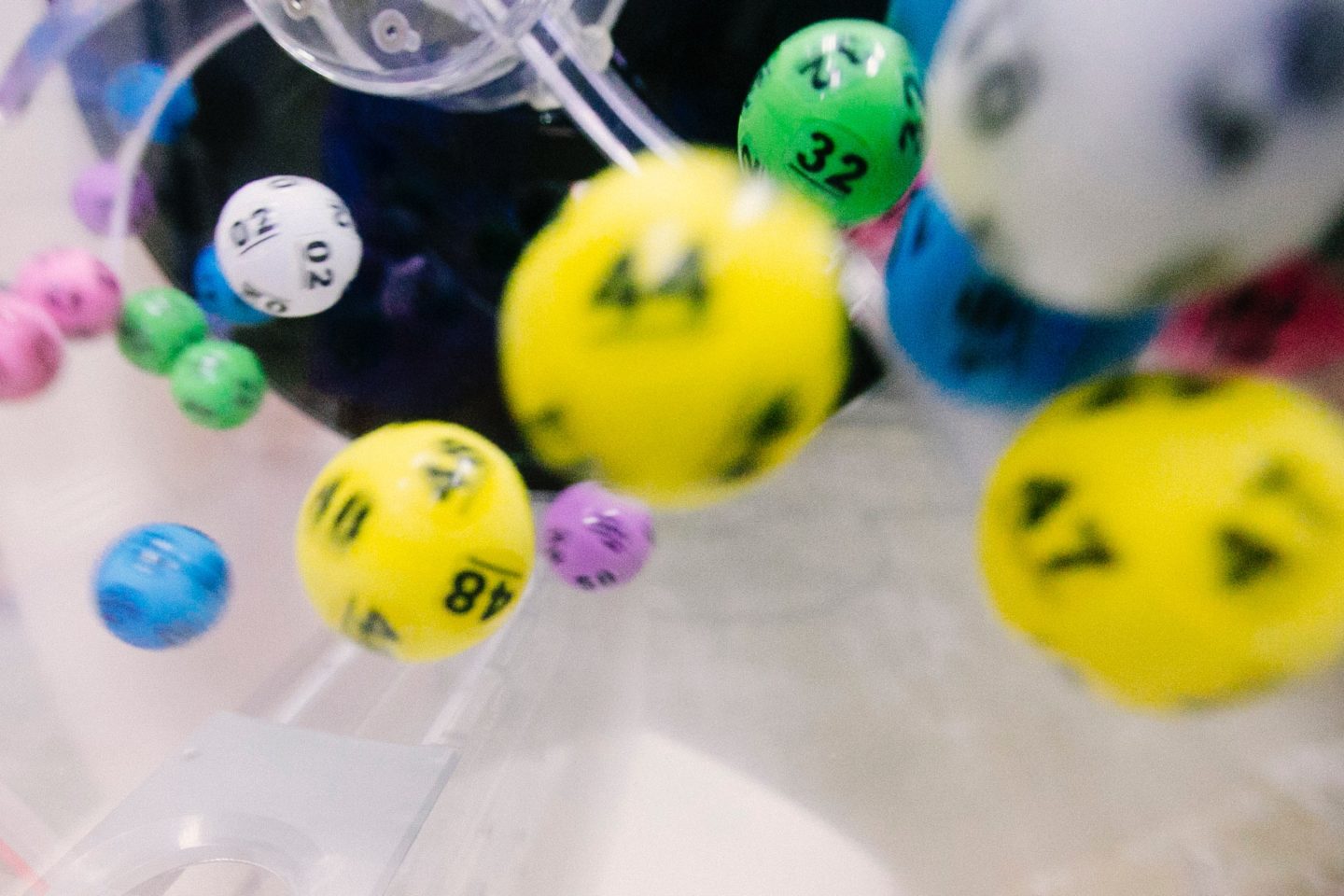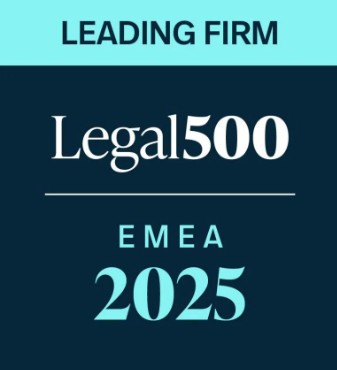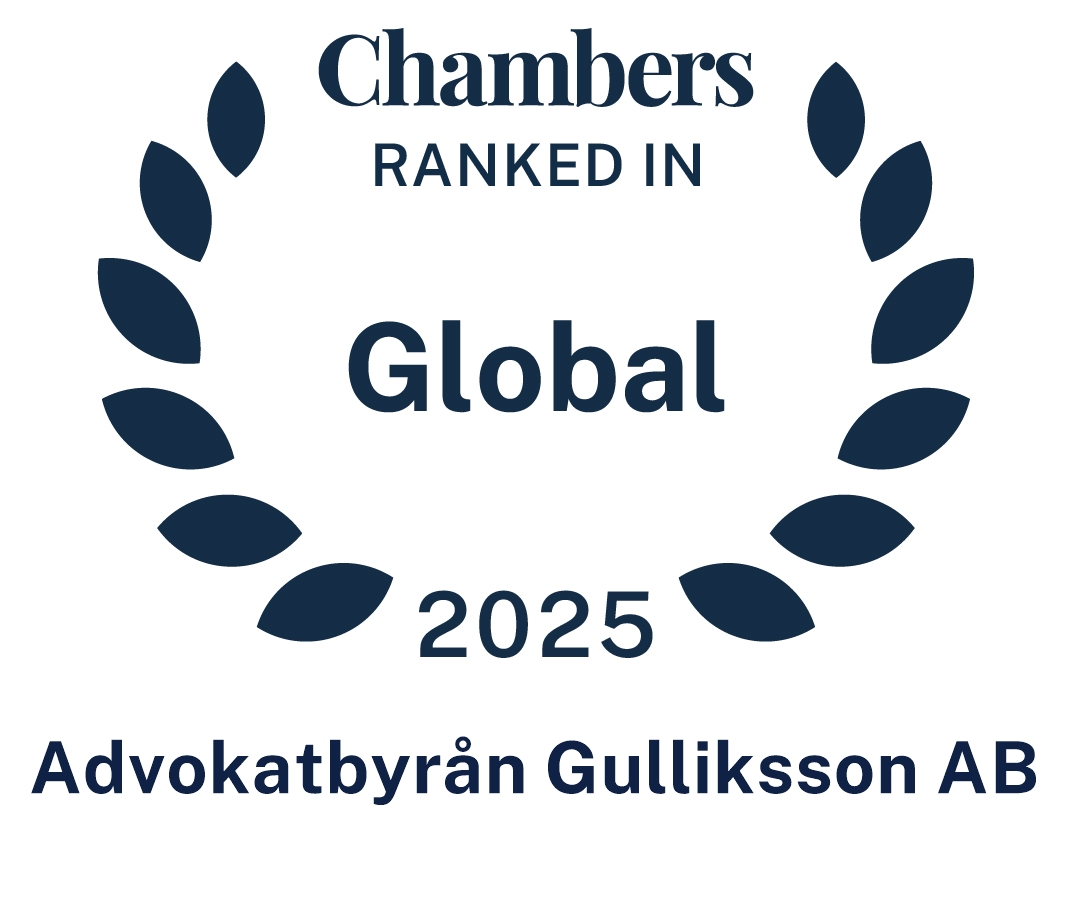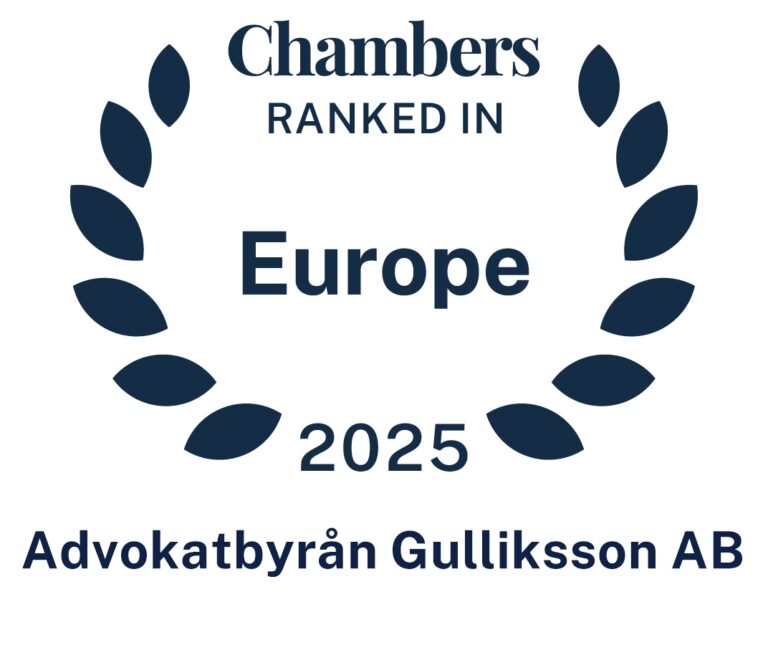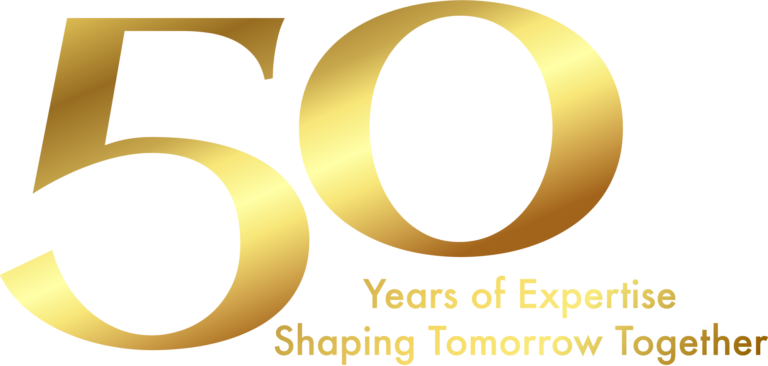Until now, the Swedish Lotteries Act prevented lotteries and other types of contests in marketing where the winner is selected by chance. However, the law is now changing. Read on as Gulliksson Partner Magnus Friberg reflects and sheds light on the new Gambling Act.
New Gambling Act
Sweden’s new Gambling Act enters into force on 1 January 2019 and most people have gotten word of this. The act defines gambling as lotteries, betting, combination gambling and pyramid schemes, and allows it on the condition that the operator has obtained a licence for the game. Thus far, discussions of the changes brought on by the new legislation and the effect on the Swedish gaming market have concentrated on the end of the existing gaming monopolies and the possibility for foreign and Swedish operators to obtain a licence for poker games, betting and similar types of gaming without having to operate from Malta or another EU country with more liberal legislation.
Open door to promotional lotteries
But even if this may very well be the most dramatic change, those of us who practice marketing law, and of course our clients, also see a door opening that we have all been waiting for: the ability to offer promotional lotteries and other types of games that do not require the payment of a wager. This means that offerings where a winner is selected by chance through a drawing or a similar process will continue to be permitted if participants are not required to pay a wager.
What about promotional lotteries that require a purchase?
One question that comes to the fore is whether the definition of a wager also includes purchases in the context of a combination offer, in other words, where those who wish to enter must first purchase a product. In its own way, this purchase is a type of wager,which would require a licence under the new act. As an example of activities without wagers, the legislature cites social media campaigns where you can enter to win tickets, money or products by liking or sharing a post with your friends.
Entering a contest/lottery by making a purchase was tried by the European Court of Justice in case C-304/08 Plus Warenhandelsgesellschaft mbH. The question was whether the Unfair Commercial Practices Directive 2005/29/EC, which was implemented in the Swedish Marketing Act, prevented commercial practices where consumers must purchase a product or service to enter a prize draw. The court found that it did. However, the Swedish legislature has prevented this by including the prohibition in the Lotteries Act and stating that the ban is not related to marketing but aimed at reducing the risk of crime, preventing social and financial harm from gaming and protecting consumers. “However, the purpose of the Lotteries Act is not to protect the financial interests of consumers in the sense of the Marketing Act or the Unfair Commercial Practices Directive. Therefore, the ban on promotional lotteries is not contrary to the directive, which means that the implementation of the directive does not call for an amendment to the legislation on lotteries.”
Final words of caution…
Some might question a member state circumventing a decision of the Court of Justice simply by setting out the prohibition in a different act – provided this act at least partially is for other purposes than the Marketing Act. Case law will shed light on this and other questions. In any case, promotional lotteries that do not require a purchase to enter are permitted. It is also worth bearing in mind that the Gambling Act requires a degree of moderation in the marketing of gaming. This also applies to promotional lotteries and similar licence-free games. Among the most important examples of the application of the moderation requirement are that advertising must not target people under the age of 18 and that the participant’s chances of winning must be presented in a correct and balanced manner. The purpose of this is to avoid giving the impression that the chances of winning are higher than they really are. With this change, Swedish legislation in this area of law is now similar to that of our Nordic neighbours, especially perhaps Finland. Among Magnus Friberg’s clients, both Swedish and multinational, he counts market leaders in all branches of industry for example the food and drink industry, pharma as well as advertising agencies, new starts, and industry organizations. Magnus is also an appreciated lecturer and speaker.
Don’t hesitate to get in touch!
Magnus Friberg, Partner
+46 (0)73 519 59 49
magnus.friberg@gulliksson.se
Disclaimer
The content of this article is presented for information purposes only and is not considered legal advice.
